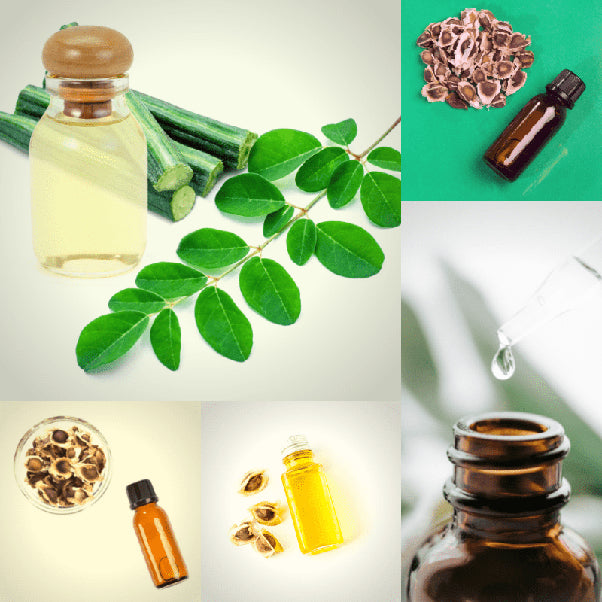The Moringa Oleifera, commonly known as the Moringa tree, is a plant that truly embodies the concept of "whole plant usage." Every part of this versatile tree, from its leaves and seeds to its oil and roots, offers a unique set of benefits for health, nutrition, and beyond. This detailed exploration delves into how each component of the Moringa tree can be harnessed for its medicinal properties, nutritional value, and even its ability to purify water.
Leaves: The Nutritional Powerhouse
Health Benefits: Moringa leaves are a nutritional goldmine, rich in vitamins A, C, and E, calcium, potassium, and protein. They have been shown to boost the immune system, reduce inflammation, and help manage blood sugar levels.

Usage:
- Dietary Supplement: Dried and powdered leaves can be added to smoothies, soups, and teas.
- Cooking: Fresh leaves can be used similarly to spinach in dishes for an extra nutrient boost.
Seeds: Nature's Purifier
Health Benefits: Moringa seeds are not only nutritious, containing high levels of vitamin C and B, but also have antibacterial properties. They can be used to support digestion and combat bacterial infections.

Usage:
- Water Purification: Crushed Moringa seeds can be used to purify and clarify water, reducing harmful bacteria and making it safer to drink.
- Oil Extraction: Seeds are pressed to extract Moringa oil, which has its own array of uses.
Oil: The Liquid Gold
Health Benefits: Moringa oil, extracted from the seeds, is highly moisturizing and has been used for its antioxidant, anti-inflammatory, and antiseptic properties. It's beneficial for skin and hair care, helping to improve skin health and strengthen hair.

Usage:
- Skincare: As a moisturizer or ingredient in creams and lotions.
- Haircare: To condition hair and scalp.
- Cooking: A healthy, stable oil for culinary use, though it's more commonly used for its cosmetic benefits.
Roots: The Hidden Healer
Health Benefits: The roots of the Moringa tree have been used in traditional medicine to treat a variety of conditions, from circulatory issues to digestive problems. They contain compounds that can act as anti-inflammatories and antispasmodics.

Usage:
- Medicinal Preparations: Often used in teas or extracts, but caution is advised due to potential toxicity in high doses. Always consult with a healthcare provider before using Moringa roots for medicinal purposes.
The Moringa tree is a remarkable example of nature's generosity, offering a multitude of benefits from its leaves, seeds, oil, and roots. Whether it's enhancing your diet with the leaves, purifying water with the seeds, nourishing your skin with the oil, or exploring the medicinal properties of the roots, Moringa provides a wide array of uses that can contribute to a healthier lifestyle. As with any natural remedy, it's important to use each part of the Moringa tree responsibly and consult with healthcare professionals when necessary, especially when utilizing the roots for their therapeutic properties.
Final Thoughts
Embracing the Moringa tree in its entirety allows us to appreciate the full spectrum of benefits it offers. From leaf to root, this "Miracle Tree" stands as a testament to the power of natural health solutions, providing us with tools to improve our well-being in a holistic and sustainable manner.

